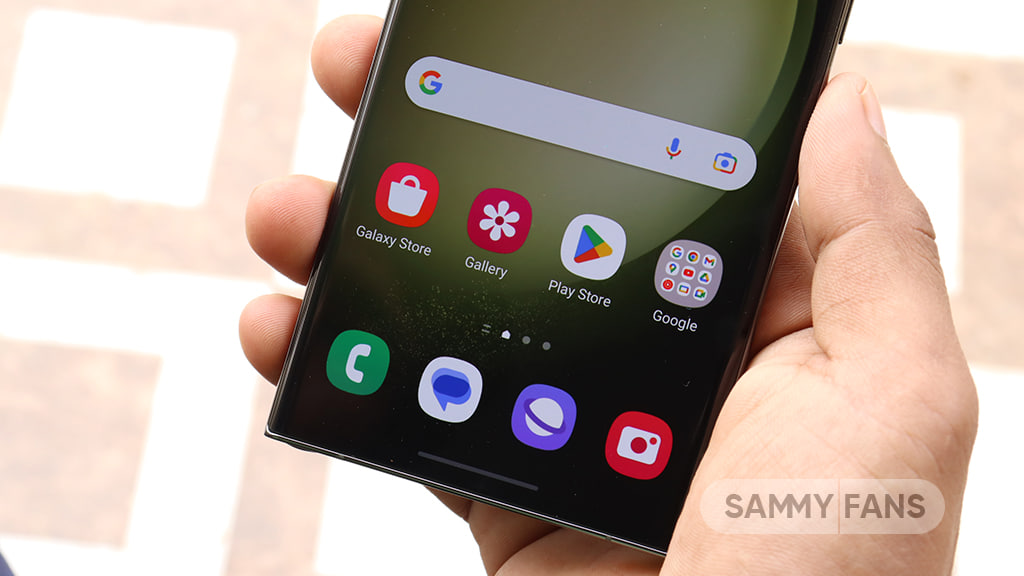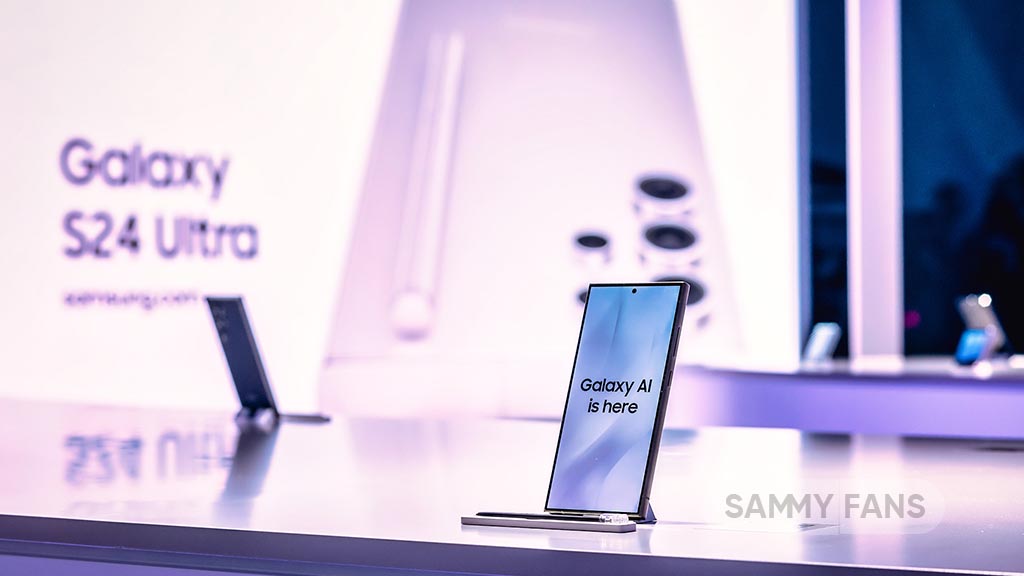News
Google Passkeys feature begins the journey of passwordless future

Ahead of World Password Day, Google launched support for Passkeys across Google Accounts. Passkeys feature is the latest and most convenient way, which ends the need to remember passwords that are often frustrating and put you at risk if they end up in the wrong hands.
On all major platforms, Google is rolling out support for Passkeys, which will be available as an additional option that people can use to sign in, alongside passwords, 2-Step Verification (2SV), etc. This great announcement by Google begins the journey to a passwordless future!
Google explains Passkeys
Passkeys are easier to use and more secure than passwords, which are now live on Google Accounts as a way to sign in to apps and websites. Using Passkeys, you will not be needing to create passwords containing your name, date of birth, the registration number of the vehicle, or the name of the pet.
Now, the Passkeys feature lets users sign in to apps and sites the same way they unlock their devices: with a fingerprint, a face scan, or a screen lock PIN. Unlike passwords, Passkeys are resistant to online attacks like phishing, making them more secure than things like OTPs.
Passkeys for Google Accounts
You can try the Passkeys by visiting g.co/passkeys. The change to passkeys will take time, hence, the search engine giant is keeping passwords and 2SV alive for Accounts. Samsung Galaxy users can also try out the Passkeys feature today, with Android 14 will be bringing more additions.

Apps
Samsung Customization Service just got better with April 2024 update

Samsung is rolling out an April 2024 update for the Customization Service app with version 3.5.01.4. This update brings bug fixes and general enhancements that promise to elevate the overall user experience.
The fresh update of the Samsung Customization service improves some functions for smoother performance. Also, it fixes some issues that users encountered in previous versions to make the app more reliable. Notably, the update is compatible with Galaxy devices running Android 14 or Android 13.
The Customization Service app is designed for Samsung devices to deliver individual preferences and needs smartly. By analyzing user interactions and data, the service offers personalized content and recommendations, creating a unique and tailored experience for each Samsung device owner.
With the April 2024 update, Samsung aims to provide better performance and user experience to Galaxy users through Customization Service. You can get the latest update through the Galaxy Store or download it directly from the third-party app source link mentioned here.

Stay up-to-date on Samsung Galaxy, One UI & Tech Stuffs by following Sammy Fans on X/Twitter. You can also discover the latest news, polls, reviews, and new features for Samsung & Google Apps, Galaxy Phones, and the One UI/Android operating system.
Do you like this post? Kindly, let us know on X/Twitter: we love hearing your feedback! If you prefer using other social platforms besides X, follow/join us on Google News, Facebook, and Telegram.
News
Samsung will do its best to bolster US semiconductor ecosystem
Samsung announced the expansion of its semiconductor investment in the US. The Biden government is also awarding a subsidy of $6.4 billion to the company so it can accelerate the expansion of its global semiconductor supply chain in the era of AI.
- Experts pointed out Samsung’s production capabilities as a world-leading semiconductor producer and commitment to US investment have led to the third-biggest subsidy deal with Washington.
The Korean tech giant revealed that it’s increasing its investment in its semiconductor plants in Texas to more than $40 billion from $17 billion. Following the CHIPS Act subsidy, Samsung will help to boost the US semiconductor production to 20% by the end of the decade.
Samsung is committed (via KoreaTimes) to doing its best to strengthen the local semiconductor ecosystem in the US, as well as dealing with booming demand for new high-performance AI chips like HBM amid the rise of applications such as GenAI, exemplified by models like ChatGPT.
“We’re not just expanding production facilities, we’re strengthening the local semiconductor ecosystem and positioning the US as a global semiconductor manufacturing destination,” Kyung Kye-hyun, CEO and head of semiconductor business at Samsung Elec, said after the govt’s announcement in Taylor.
Stay up-to-date on Samsung Galaxy, One UI & Tech Stuffs by following Sammy Fans on X/Twitter. You can also discover the latest news, polls, reviews, and new features for Samsung & Google Apps, Galaxy Phones, and the One UI/Android operating system.
Do you like this post? Kindly, let us know on X/Twitter: we love hearing your feedback! If you prefer using other social platforms besides X, follow/join us on Google News, Facebook, and Telegram.
News
USA: Samsung will refund if you dislike Galaxy AI on S24 Ultra [30 days trial]

Try Galaxy AI on Samsung Galaxy S24 Ultra for FREE in the US [30-Day Money-Back Guarantee]
Samsung is allowing US consumers to buy the Galaxy S24 Ultra and other models to try out Galaxy AI. Interestingly, if the user isn’t amazed by the Galaxy AI features even within 30 days of using it, Samsung will refund the full amount.
The company is offering up to $750 instant trade-in credit for Galaxy S24 Ultra buyers. If you buy from Samsung.com, you will also get $75 instant Samsung Credit, which can be used for shopping for protective cases, glass, and accessories.
Buy & Try
Samsung has partnered with select US carriers to avail Buy and Try facility to consumers. You need to buy the phone from the online shop, depending on the carrier, you will be notified about the offer. Purchase on the website and get your product delivered to your doorstep.
Now, you will have 30 days trial period, in which, you can enjoy all the Galaxy AI features on the S24 Ultra. You can also opt for other eligible Galaxy models under the Buy and Try promo. If you like it, then keep it otherwise Samsung will refund the full amount to you!
Try it now: http://smsng.us/GalaxyS24Ultra
Give it a try. Explore #GalaxyAI. Try Galaxy AI, now available on even more Galaxy phones. Buy it now, try it for 30 days, then keep it or get a full refund. Terms and conditions apply. #GalaxyS23 Series #GalaxyS24 Series #GalaxyZFlip5 #GalaxyZFold5
Try it now:… pic.twitter.com/WxvZrabHAc
— Samsung Mobile US (@SamsungMobileUS) April 15, 2024
Stay up-to-date on Samsung Galaxy, One UI & Tech Stuffs by following Sammy Fans on X/Twitter. You can also discover the latest news, polls, reviews, and new features for Samsung & Google Apps, Galaxy Phones, and the One UI/Android operating system.
Do you like this post? Kindly, let us know on X/Twitter: we love hearing your feedback! If you prefer using other social platforms besides X, follow/join us on Google News, Facebook, and Telegram.








